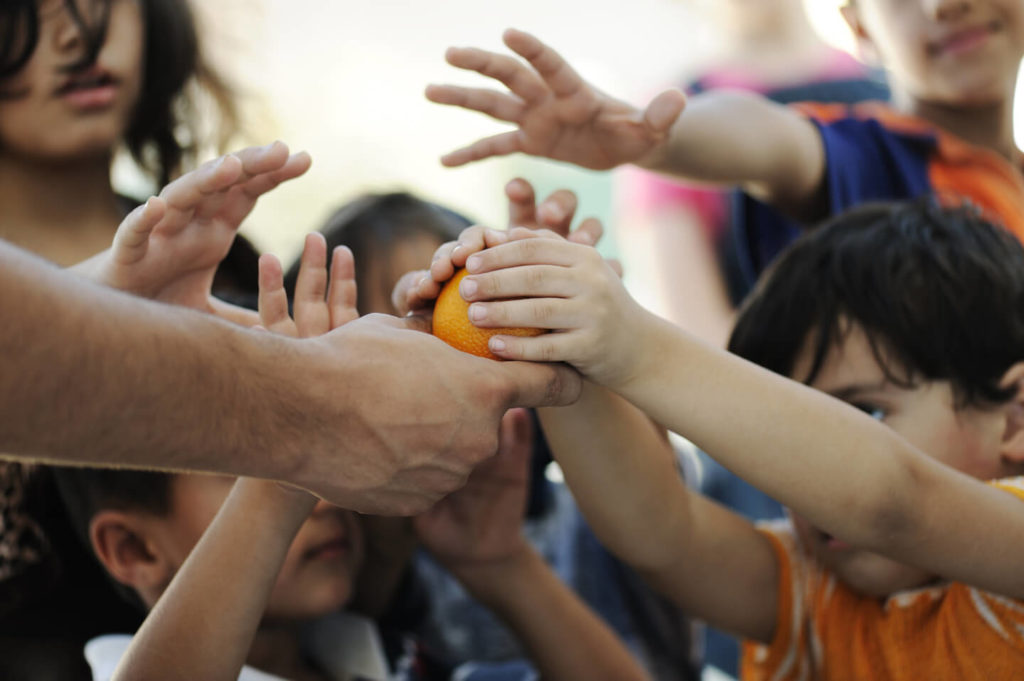The number of refugees across the world is at a record high, with over 65 million people fleeing their homes across the globe. Over half of these refugees are children. (UNHCR, 2018).
Although many refugees seek sanctuary in the areas that surround their home country, a much smaller number undertake the journey to the UK. Some of these refugees are children who are travelling alone, without a parent or guardian. When they reach the UK, they are classified as ‘unaccompanied asylum-seeking children’ (UASC), however you may hear the terms ‘separated children’ and ‘unaccompanied minors’ used.
Where will UASC be placed?
Most unaccompanied children will be placed into foster care. Over the last three years, over half were placed in foster care, 32% were placed in independent living and 12% were placed in residential care.
Guidelines for care state that efforts should be made to place refugee children in context of the family and community, as this supports their development and cultural needs. This includes ensuring that children are placed in locations of similar ethnic, cultural, linguistic and religious backgrounds.
This is not always possible. However, evidence suggest that if non-culturally matched homes remain sensitive to the cultural needs of unaccompanied children, trans-cultural placements can be very successful. This can be achieved through encouraging the children to help cook familiar foods and continue religious practices.
‘Care needs for children from minority groups are practiced within the home’
In meeting the needs of children from minority groups and to combat racism, A Wilderness Way aim to create a stable, accepting, loving environment which can help to enhance the young persons’ self-esteem. As part of this, we allow all young people within our care to develop their religious, cultural and linguistic skills.
Not only this, discussion about racial issues is actively encouraged rather than ignored. By remaining transparent and open about different religions within our residential care, we create a climate where racial and religious differences are acknowledged and valued.
In doing so, any UASC within our care can feel close to home and continue with their religious practices while developing the necessary skills to participate in both our residential home as well as their new local community.
As well as this, at A Wilderness Way, we also provide a range of multi-cultural books, pictures and magazines. We will actively support young people in pursuit of their religious beliefs, whether that is by providing a certain choice of food, preparation of food, or by ensuring that a young person has transport to and from their chosen place of worship. We will also support them through access to people with similar backgrounds via local amenities such as social group and churches.

Emotional trauma & development
Many UASC will have undertaken prolonged journeys. They are likely to have experienced violence, exploitation, destitution and many other hardships in both their home country and on their journey to the UK.
Working with vulnerable children brings with it a unique set of demands. UASC are likely to be quite distressed. This can manifest in many ways and the child may feel frightened, angry, upset and confused. Residential workers must meet these demands through sensitive interaction with a young person, building rapport and a relationship.
‘Incorporating counselling and support for long-term improvement’
At A Wilderness Way, our experience in crisis intervention programmes is imperative with supporting unaccompanied asylum-seeking children for long-term improvement of their mental and physical wellbeing, hastening the process of achieving stabilisation.
Our social workers will build relationships with the unaccompanied asylum-seeking child and prove that they can be trusted. This can involve agreeing on goals or suggesting coping methods such as outdoor activities.
With the trauma that UASC may have experienced, counselling and other care factors such as home-schooling provide our young people with opportunities, skills, confidence and hope.
If you have any questions regarding our placements of UASC, please get in touch with our referrals team at referrals@awwltd.com.
